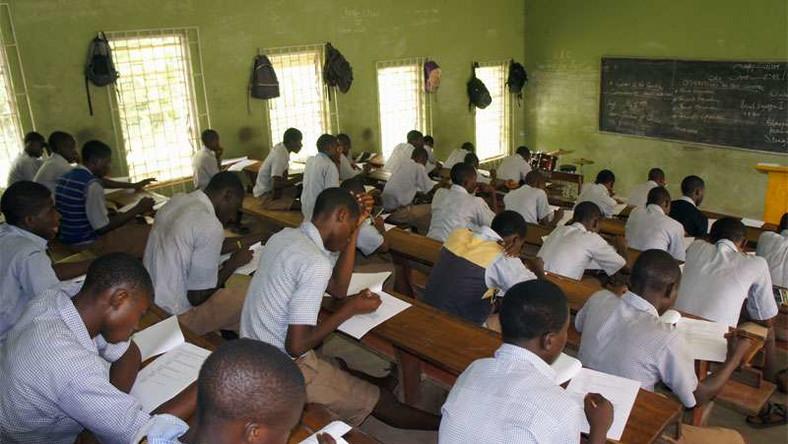Why Parents Are Leaving Public Schools in Droves

Across Nigeria, there's a growing migration of students from public to private schools. Once the dominant choice for the average Nigerian family, public schools are now witnessing dwindling enrollment numbers. But why are parents making this switch—despite the rising cost of private education?
Quick Insight: For many parents, the decision to abandon public schools isn't just about academics—it's about safety, dignity, and future opportunities.
1. Poor Learning Environment
Overcrowded classrooms, broken chairs, dilapidated structures, and poor sanitation make it difficult for students to learn effectively in many public schools. In contrast, private schools offer cleaner, more comfortable environments that promote focus and learning.
2. Teacher Motivation and Attendance
While many public school teachers are dedicated, low pay, lack of training, and frequent strikes have eroded morale. It's common for teachers to miss classes, leaving students behind. Parents now prefer schools with consistent, accountable teaching staff.
3. Indiscipline and Security Concerns
Public schools often lack adequate supervision, leading to bullying, cultism, and indiscipline. Some schools are located in insecure areas. Private schools tend to have stricter supervision and safer environments, giving parents peace of mind.
4. Lack of Modern Facilities
In today’s world, students need access to ICT labs, libraries, science labs, and even robotics and e-learning tools. Unfortunately, most public schools are not equipped for modern learning, pushing families to seek alternatives.
5. Poor Academic Performance
WAEC, NECO, and JAMB performance data often show that many public schools lag behind in results. Parents want schools that can better prepare their children for university and scholarship opportunities—something private schools increasingly offer.
6. Language and Exposure
Many private schools place emphasis on communication skills, digital literacy, etiquette, and international exposure. These are now seen as essential life skills—areas where most public schools struggle.
7. Peer Influence and Social Class
Middle-class and aspirational families want their children in environments where they can network with like-minded peers, access enrichment programs, and be exposed to broader worldviews.
Final Thoughts
Until public schools receive the attention, funding, and reforms they need, the exodus to private institutions will likely continue. Parents aren’t just paying for education—they’re investing in structure, exposure, safety, and the future. For schools and governments, this shift is a wake-up call.
Note: Some public schools are still exceptional. However, until systemic changes occur, private schools will remain the first choice for most Nigerian families who can afford them.
